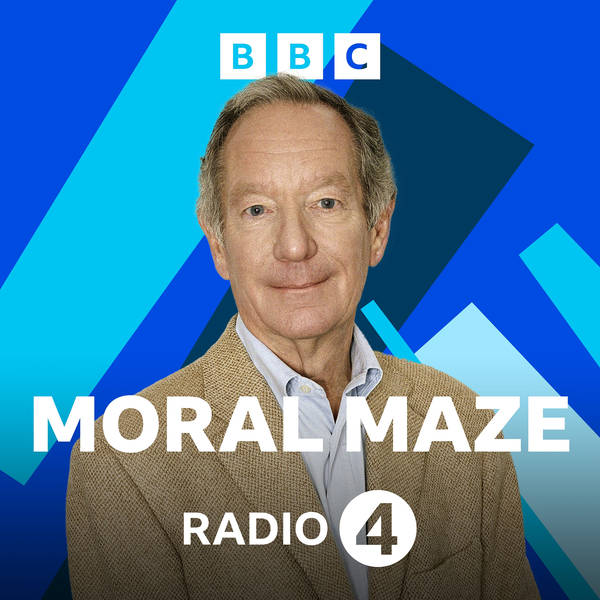
Moral Certainty
We live in a complex world where it's often hard to know what's the right thing to do - the right thought to think. But there are increasing sectors of our public discourse where any sense of moral ambivalence or doubt will not be tolerated. Race, homosexuality, child abuse are just some of the touchstones where any expression of doubt is often pounced on and hounded out, especially on social media. Our Moral Maze this week isn't about freedom of speech, or political correctness; it's about the moral value of certainty. We prize and reward moral certainty and consistency, especially in politics, but also business and even sport. Any expression of doubt is seen as weakness - even moral turpitude. Is this a good way of binding society with a set of common values? Or is the public shaming that follows the transgression of those boundaries not so much about morality, but ensuring conformity that itself is a kind of prejudice? Do we need a bit more humility about our moral certainties? Or would that mean bowing thoughtlessly to the latest fashionable cause? Bertold Brecht made the point that doubt is a good servant but a bad master. In an uncertain world if we don't stick to our values do we risk indecisive moral paralysis? Chaired by David Aaronovitch with Matthew Taylor, Claire Fox, Michael Portillo and Anne McElvoy. Witnesses are Iain McGilchrist, Katie Hopkins, Professor Andrew Samuels and Ben Harris-Quinnery.
